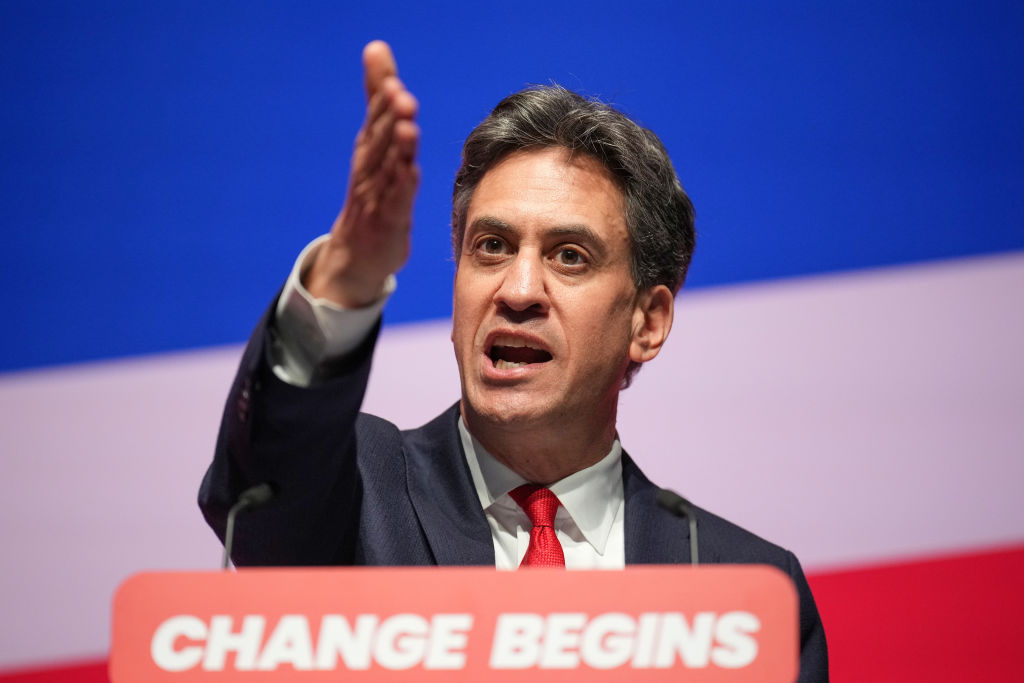Copyright newstatesman

As the consensus on climate policy has disintegrated, the question of whether pursuing net zero is fair on British consumers and workers has become highly politicised. Labour argues that clean power will generate cheaper, more secure energy and support hundreds of thousands of new jobs. But Reform and the Conservatives blame the UK’s climate targets for rising energy bills and job losses, and Nigel Farage accuses the government of “deindustrialising Britain” by pursuing net zero. Decarbonisation does not mean deindustrialisation: in many places it can be the opposite. IPPR research suggests green industries will revitalise communities that were devastated by the dramatic decline of manufacturing and heavy industry in the Eighties and Nineties. The north and Midlands could manufacture globally competitive wind turbines, heat pumps and green transport. But it’s not straightforward. Some industries will change substantially as businesses adopt green technologies and others – especially oil and gas – will shrink, disrupting people’s livelihoods. Deindustrialisation in the 20th century led to hardship and disaffection; its legacy may be fuelling the rise of radical-right populism in “left behind” communities. Any hint of a repeat could be politically ruinous. Policy choices aren’t all win-win, because the interests of consumers and the energy workforce aren’t perfectly aligned. Ed Miliband’s pledge to consumers is cheaper, more abundant energy generated by renewables. But the affordability of clean energy depends on the cost of building out renewables, which is partly determined by the labour costs incurred by energy companies. In our privatised energy market, the pursuit of an abundance of clean energy jobs may jar with the economics of providing cheap renewable energy if labour intensity comes at the expense of capital efficiency. How should the government navigate these trade-offs fairly? Miliband’s Department for Energy Security and Net Zero has announced a raft of policies focused on the energy workforce. Its offer to energy workers is clear: the government is working to create abundant clean-energy jobs and is supporting oil and gas workers to access them, in Aberdeen for example. Should ministers go further? Unions and researchers, including IPPR, have estimated that it would cost around £1.1bn to retrain millions of workers whose jobs will be affected this decade by net zero. In a highly constrained fiscal environment, the prospect of the Chancellor, Rachel Reeves, stumping up that kind of cash seems unlikely. Ultimately, the government must define what constitutes a “fair transition” and relentlessly pursue it. Miliband should remain bullish about the potential for renewables to provide secure and plentiful energy. Weaning our energy system off gas will make us less reliant on volatile global supply chains and hostile autocratic states – the public understands this. Ministers should also compel businesses to play their part. Oil and gas companies bear as much responsibility for the fate of their workforce – whose skills have buoyed their margins and whose livelihoods are now disrupted as investment is pulled out of the North Sea – as the state does for deliberately accelerating the industry’s decline. With climate policy intensely politicised, the government’s judgement should be guided by what is most likely to keep the public onside. After a punishing cost-of-living crisis, the surest way to convince Britons that it’s in their interests to tackle climate change may be to cut their energy bills.



